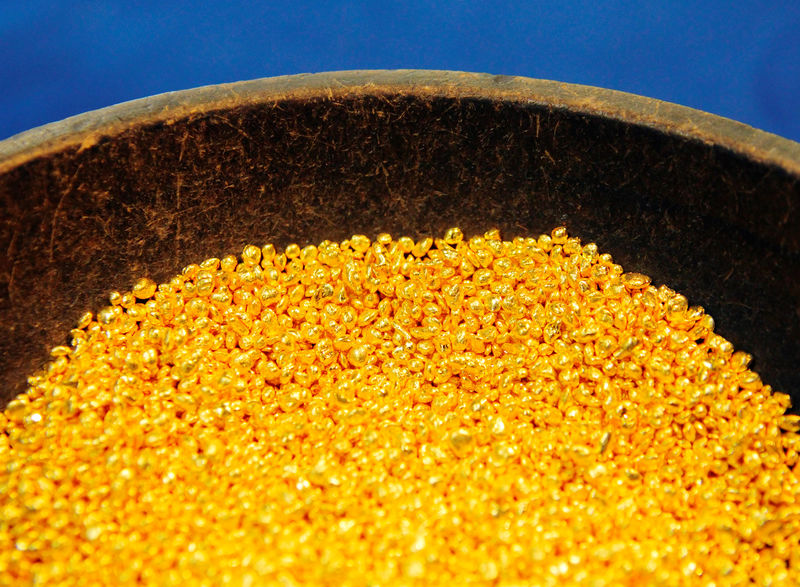Investing.com – Gold prices fell on Tuesday after the Federal Reserve began its final meeting of the year, which is expected to end with a rate cut on Wednesday.
At 15:09 ET (20:09 GMT), the price was down 0.3% at $2,646.06 per ounce, while the February expiration was down 0.3% at $2,662.44 per ounce.
The yellow metal has entered a holding pattern between $2,600 and $2,700 as traders bought dollars this week ahead of interest rate decisions from the Fed, Bank of Japan and Bank of England.
Fed starts meeting ahead of interest rate decision
The Fed is widely expected to cut rates at the end of a two-day meeting on Wednesday – a scenario that appears to have been largely priced in by markets.
But the central bank’s rate outlook will be closely watched as belief grows that the Fed will signal a slower pace of rate cuts in the coming year, in the wake of recent data showing persistent inflation and a strong labor market.
The prospect of relatively high US interest rates boosted the dollar in recent sessions, while dragging gold prices further from record highs. High interest rates put pressure on gold and other metals by raising the opportunity cost of investing in the sector.
In addition to the Fed, the BOJ and the BOE will also decide on interest rates this week. The BoE is widely expected to keep rates unchanged, while analysts are divided over whether the BoJ will raise rates again after a historic monetary policy turnaround earlier this year.
Other precious metals were mixed. rose 0.1% to $943.15 per ounce, while it fell 0.3% to $30.955 per ounce.
Copper prices under pressure due to Chinese problems
Among industrial metals, copper prices fell on Tuesday as they remained under pressure on concerns about sluggish economic growth in top importer China.
The benchmark on the London Metal Exchange fell 0.7% to $9,008.00 a tonne, while February fell 1.1% to $4.1448 a pound.
The red metal retreated on Monday after mediocre economic data from China showed the economy was still struggling despite a slew of supportive measures from Beijing.
While Chinese copper demand has remained resilient so far, traders fear a possible slowdown due to deteriorating conditions in the country.
(Peter Nurse, Ambar Warrick contributed to this article.)


